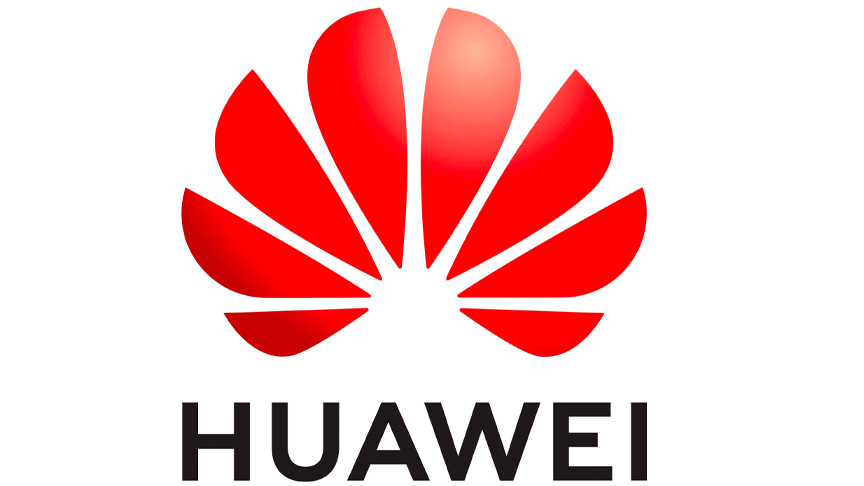The Global System for Mobile Communications Association (GSMA) launched an initiative “Embracing a prosperous 5G-Advanced era”. The GSMA 5G Futures Community has grown to include nearly 60 operators and industry partners, showing that the 5.5G ecosystem is becoming more mature to take this technology to a new stage worldwide.
Evolution to 5.5G is already an industry consensus. This echoes the thriving development of the GSMA 5G Futures Community, which has seen its memberships increased to 58 leading operators, major equipment vendors, and industry partners, from just 19 when it was established one year ago at MWC Barcelona 2023. This shows the concerted efforts from the entire ICT industry to promote the progress of 5.5G.
The GSMA also released a white paper “5G-Advanced: Shaping the future of operator services”. The white paper states that the first-wave 5.5G deployment will start in 2024. It also stresses that 5.5G will improve the coverage, mobility, speeds, and energy efficiency of 5G networks to create new value for operators and their customers.
John Gao, President of Huawei’s 5.5G Domain, noted the service development and business value of 5.5G, and unveiled Huawei’s multipath solutions for evolution to 5.5G.
5G has been developing rapidly to create new experience, connections, and services. These include 3D connections of people, which require a single-user 500 Mbps experience with a 20-ms latency. The booming FWA services will be possible only in the networks that provide a fiber-like experience of 500 Mbps to 1 Gbps. Intelligent vehicle-to-X (V2X) services need a 20-ms latency with 99% reliability. The intelligent connections of everything and smart manufacturing require even stronger uplink performance. These new services present both opportunities and challenges for operators and network capabilities.
Operators in different regions will follow different evolutionary paths to 5.5G depending on their 5G spectrum.
One is TDD multi-band deployment. Extremely large antenna array (ELAA) is one of the key technologies that enable higher spectral efficiency and 10 times lower per-bit costs and power consumption. Using these technologies, this path maximizes the potential for fulfilling immersive services, like commercial XR and naked-eye 3D. Meanwhile, TDD multi-band deployment can ensure the high bandwidth needed to increase capacity and improve experience. Therefore, this path helps maximize 5.5G deterministic capabilities to ensure user experience, opening up new territories for monetization.
Another path is based on TDD addition onto FDD. Shifting all bands to 5G helps to reduce the costs of concurrently operating and maintaining four generations of mobile networks. Based on multi-band serving cell (MBSC) and flexible spectrum access (FSA), consistent service experience can be ensured for the connections of people and things.
When combined with mmWave or upper 6 GHz (U6G) bands, these paths will improve the enhanced Mobile Broadband (eMBB), promote service package upselling, and scale up FWA provisioning.
“The first year of commercial 5.5G has come. The industry has identified the commercial use cases of 5.5G, verified its business value, and defined the evolutionary paths to 5.5G,” said Gao. “We will continue to work with all industry partners to build a thriving 5.5G industry and unleash its potential to improve connections for consumers and businesses.”
With the 2024 commercial launch of 5.5G, Huawei is collaborating with operators and partners around the world to pursue exciting new innovation in networks, cloud, and intelligence. Together, the company hopes to drive 5G business and foster a thriving industry ecosystem, creating a new era for intelligent digital transformation.











































































































